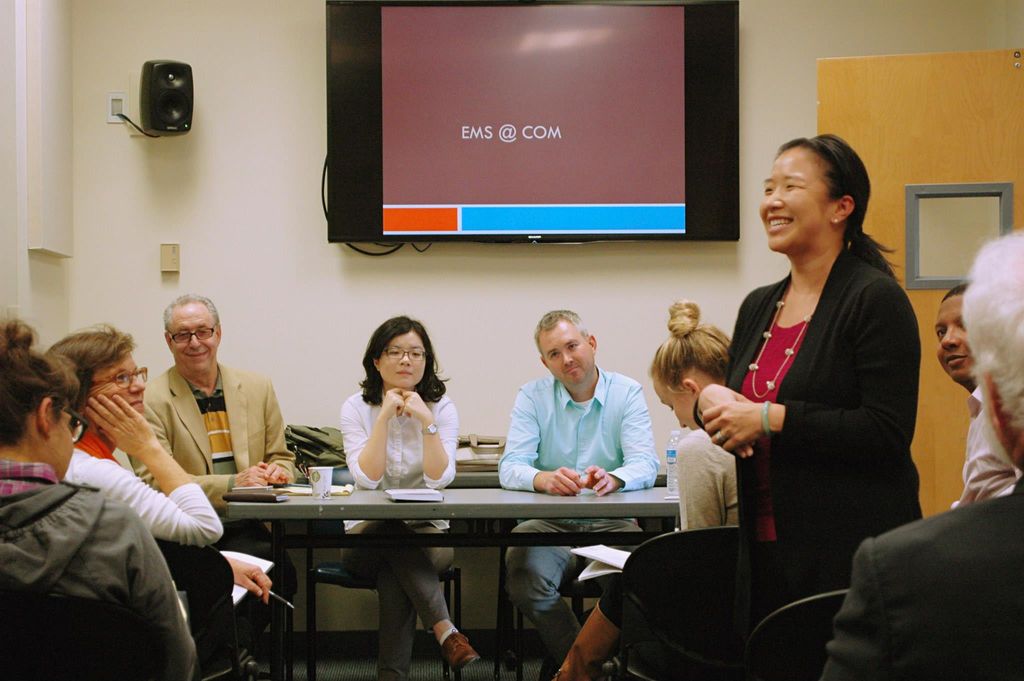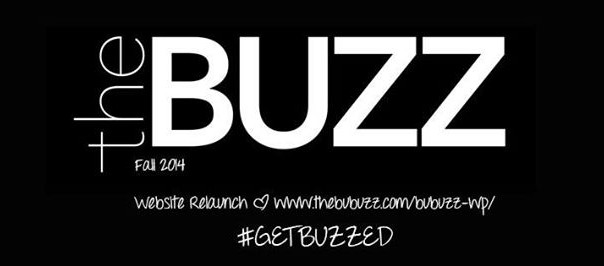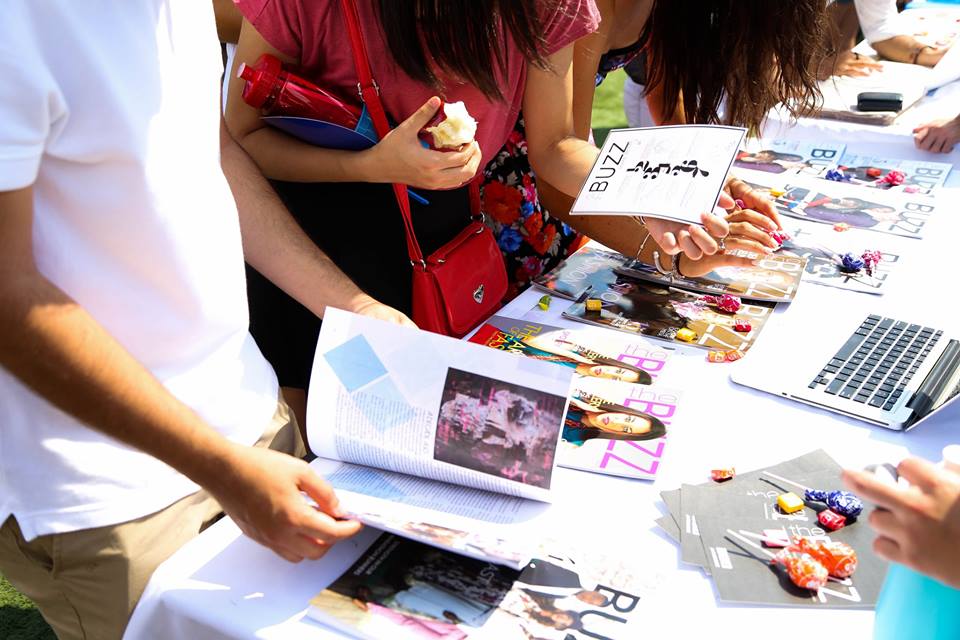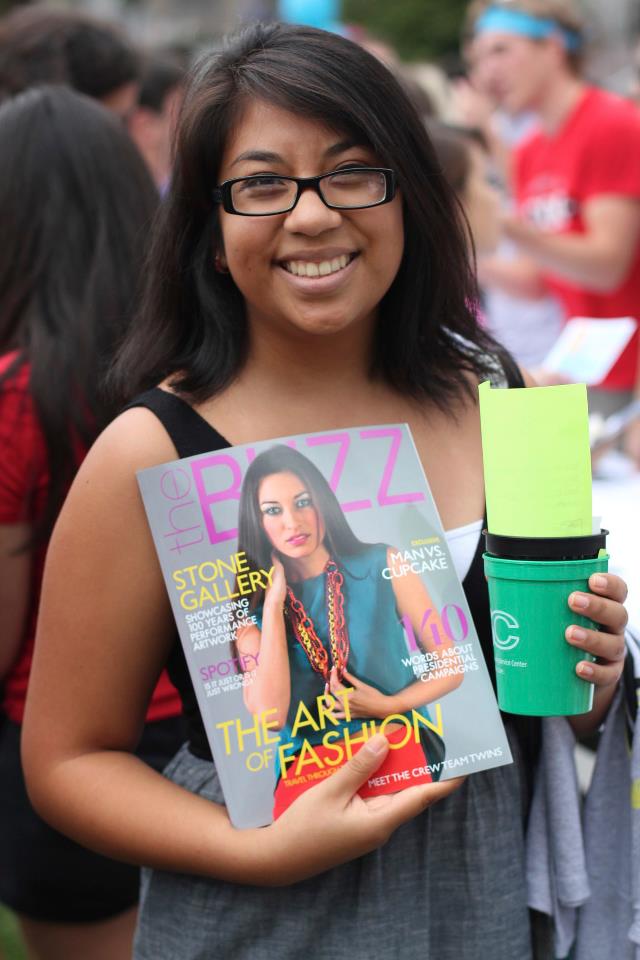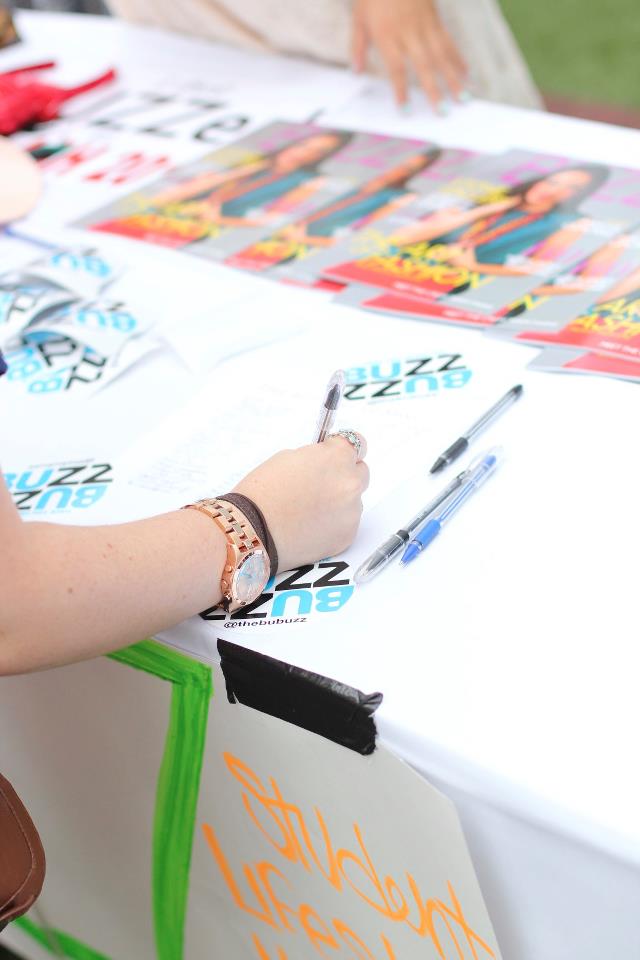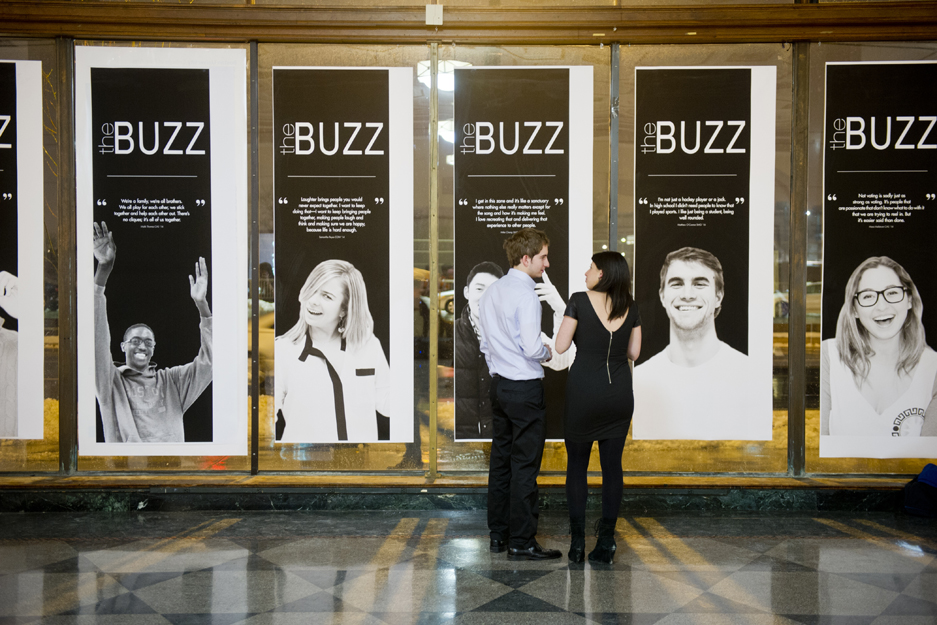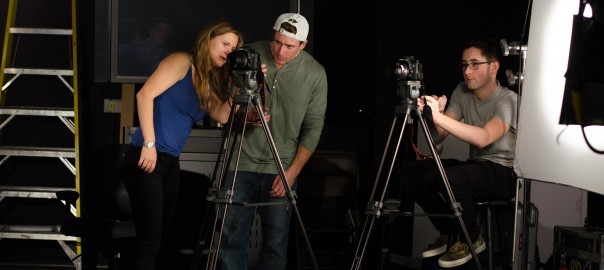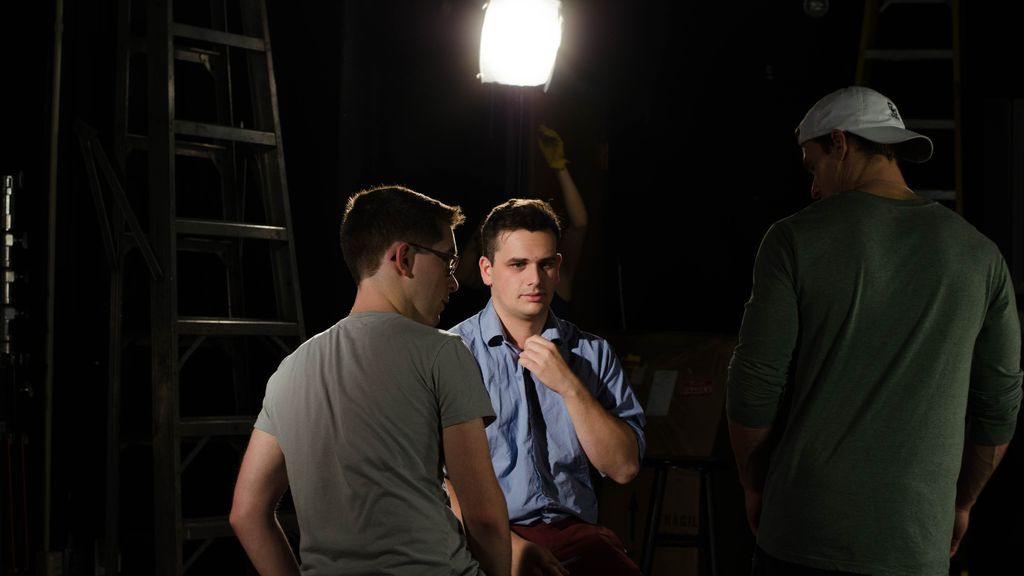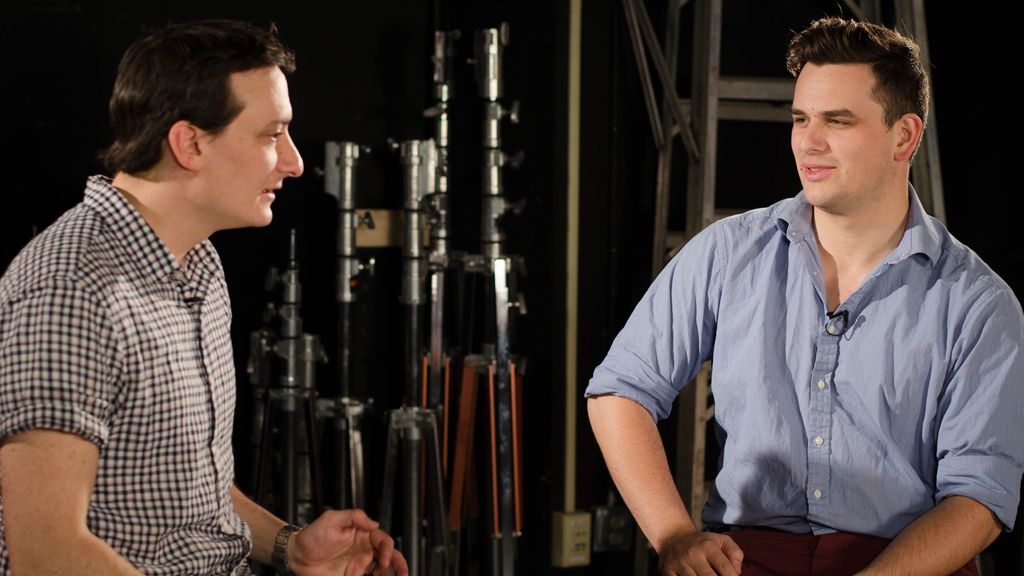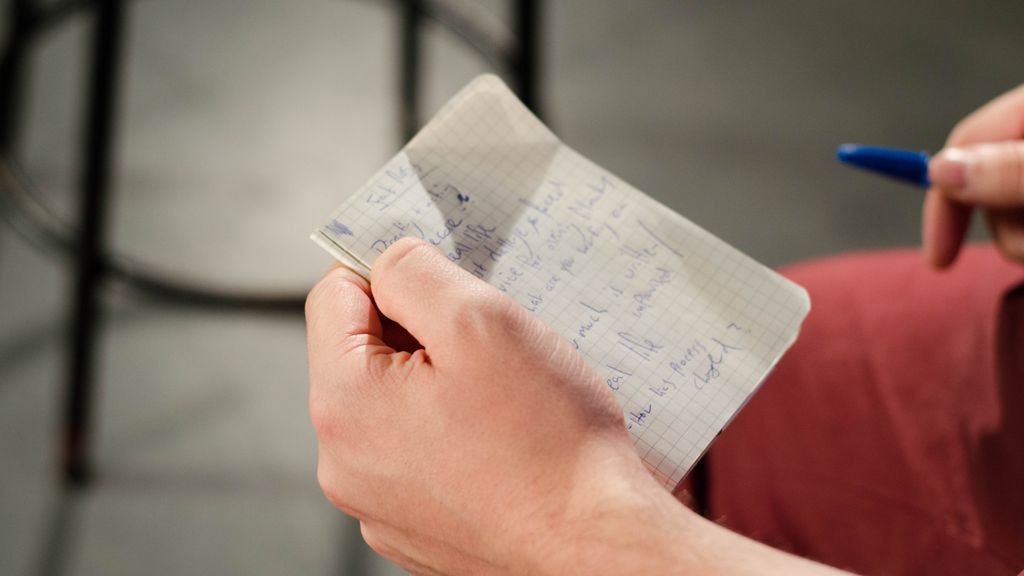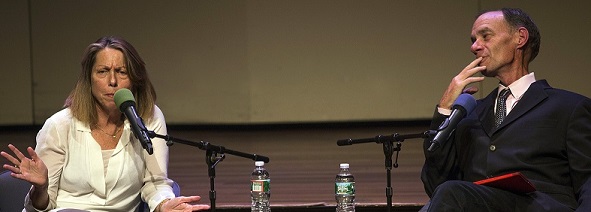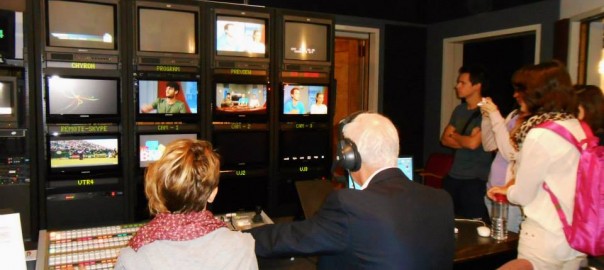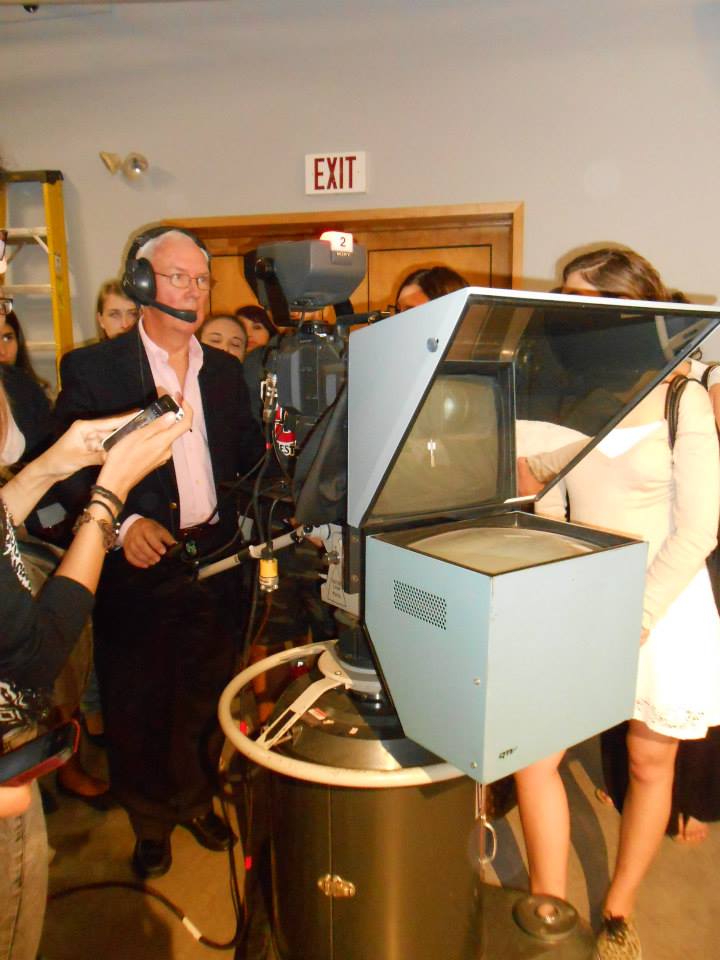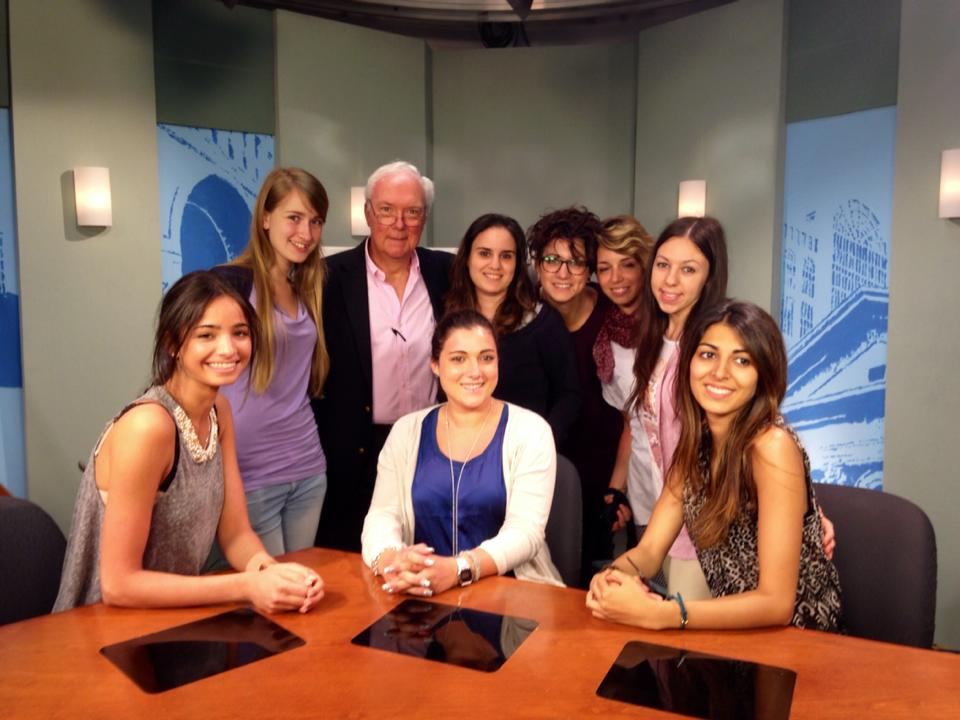By Ali Parisi
MS Public Relations ’16
BU College of Communication
Even if you’re not in the communication world, chances are you’ve probably heard at least one conversations discussing new media—social media has changed everything, from interpersonal communication to journalism, and more. Traditional media may still be around, but new media is quickly growing. It feels like an absurd amount of media outlets and technologies have come and gone over the past few years, especially with the widespread use of smartphones. I had to wait till my freshman year of high school to get a chunky old flip phone. Now, parents are handing iPads and iPhones to their kids before they can even talk!
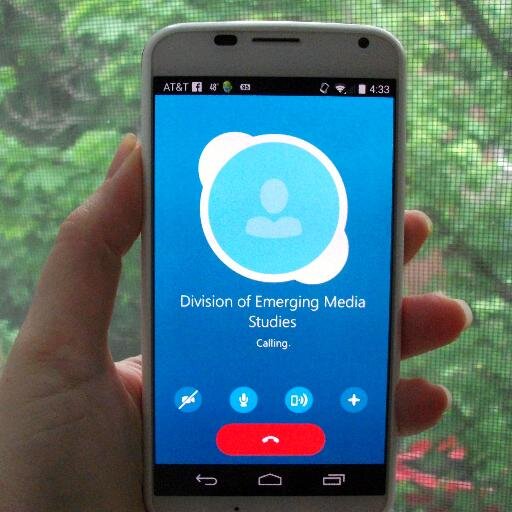 After a few years of discussion, BU’s College of Communication finally decided to introduce a one-year Master’s program that focuses solely on new and emerging media. The MA program, Emerging Media Studies, is one of the first in the nation to do so (go BU!).
After a few years of discussion, BU’s College of Communication finally decided to introduce a one-year Master’s program that focuses solely on new and emerging media. The MA program, Emerging Media Studies, is one of the first in the nation to do so (go BU!).
One of the primary courses taught within EMS is a collaborative class entitled Extended Group Research Project Seminar. Quite a mouthful, right? But the year-long class is not as intimidating as it seems. According to EMS Director and Professor James E. Katz, Ph.D., the class aims to prepare students to take positions that will be a fast track to leadership in various organizations by helping them to become experts in big data, consumer psychology interaction, and research methods.
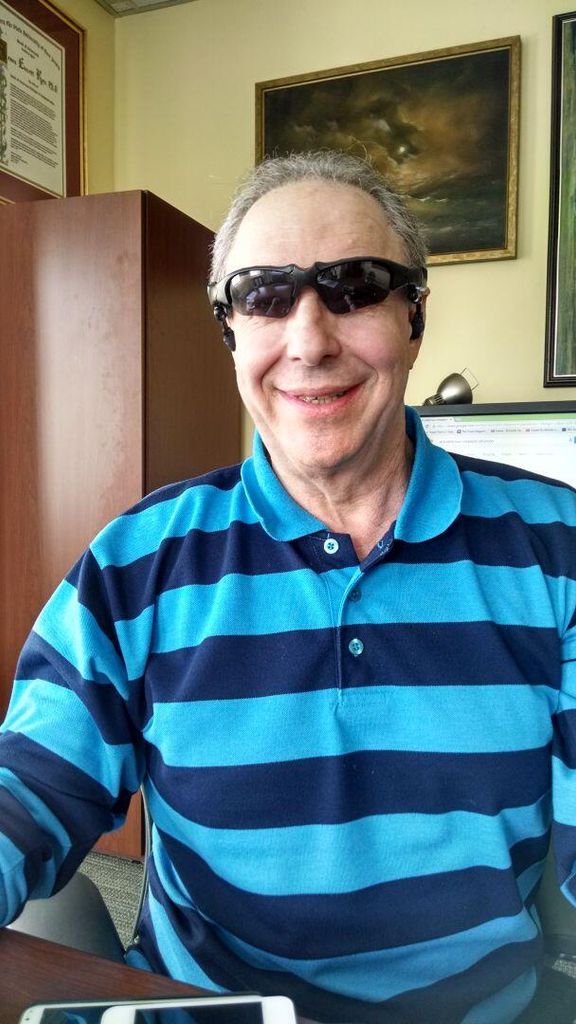
“Our goal is to mentor students in doing meaningful research relating to emerging media so that when they take their post- graduate positions, they will already know how to do research and will have a portfolio to show employers,” explains Katz. I may be a PR student, but I already love the sound of this class. It’s a class that does more than just theoretical and academic discussions. It’s actually preparing students for the “real world” after graduation.
One of Katz’s students, Katharine Sipio, heartily agrees. Having majored in both English and Communication Studies at Saint Joseph’s University for undergrad this past spring, Sipio is excited for the possibilities this class has opened up.
“The readings and projects we do not only give us some strong writing samples, but [also] research skills that would be applicable in different types of careers,” says Sipio. After taking this class, Sipio can see herself going into a “various number of communications careers such as a social media consultant, or maybe even going into PR, media management, copywriting, or exploring the world of digital writing and publishing.”
In addition to Sipio, I was able to talk with two more of Katz’s students, Adrien Park (Syracuse, ’14) and Brittany Anderson (UMASS Lowell, ’14). All three of them had nothing but good things to say about this class, even describing it as their favorite class of the semester. Park adds that the class has become somewhat as a family between the students and faculty because it is solely for EMS students.
“The professors and TA’s are extremely caring and helping, giving us a lot of great tips and insight about working on research [projects],” explains Park.
Next semester, the class will begin working with a project sponsor. This sponsor will be a local organization for which students will work on a research project that focuses specifically on that organization’s needs – just one more example of how BU is preparing its students for post-graduation careers.
Make sure to follow EMS on Twitter @DEMSatBU and like them on Facebook so you can stay updated on all the happenings within the program!
Does this sound like a program you’d like to learn more about? Tell us why in the comment section below!
Please feel free to ask us any questions you have about the EMS program and be sure to check out or website for more information on all graduate programs offered through BU’s College of Communication.

